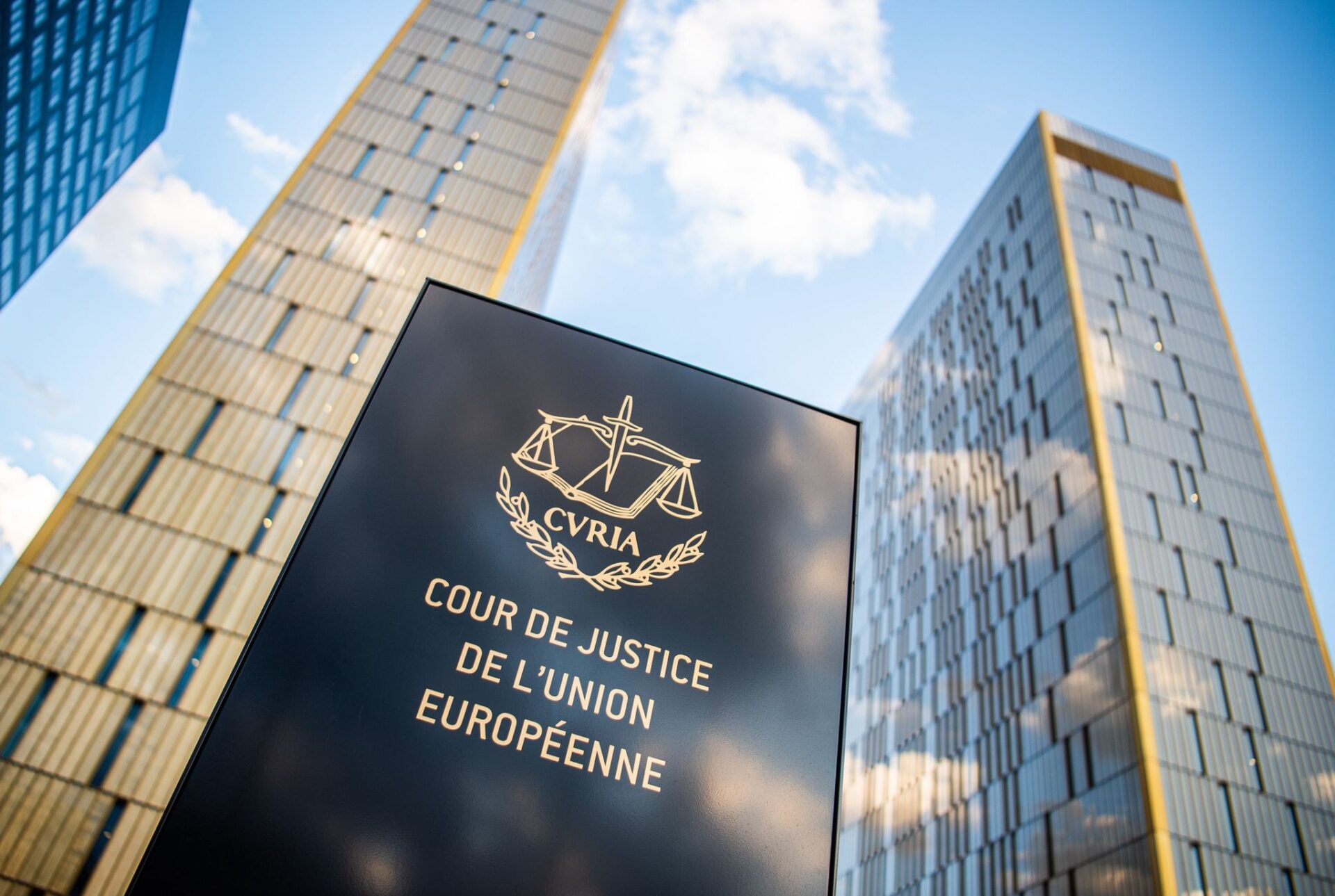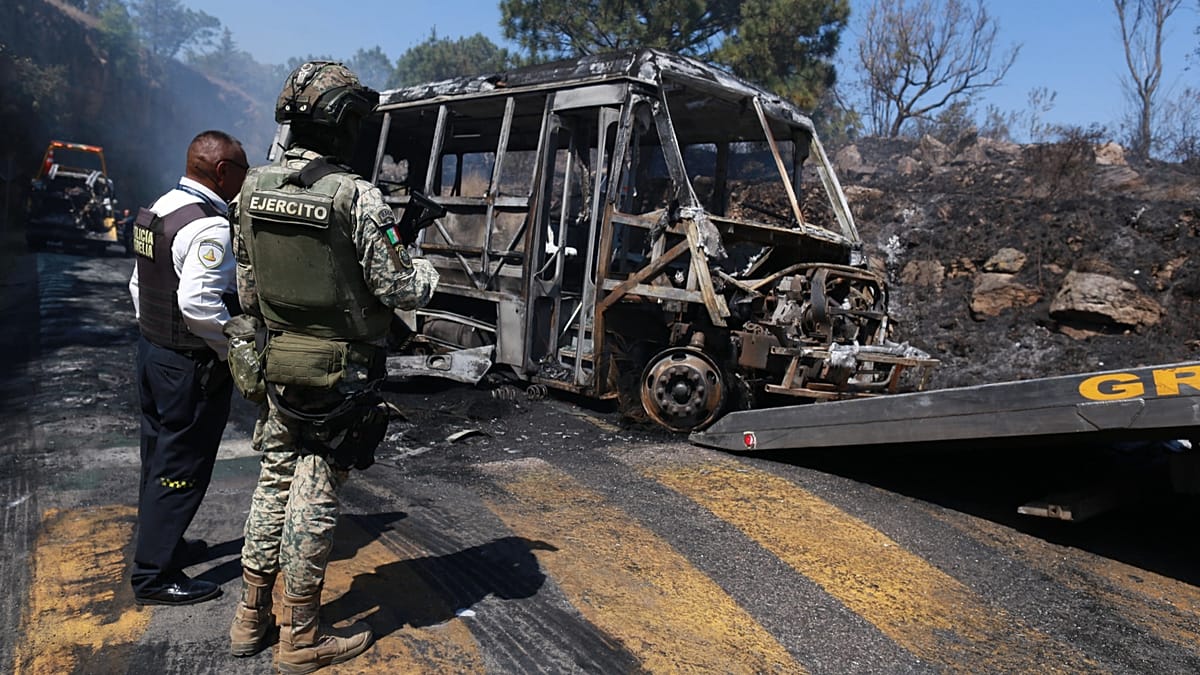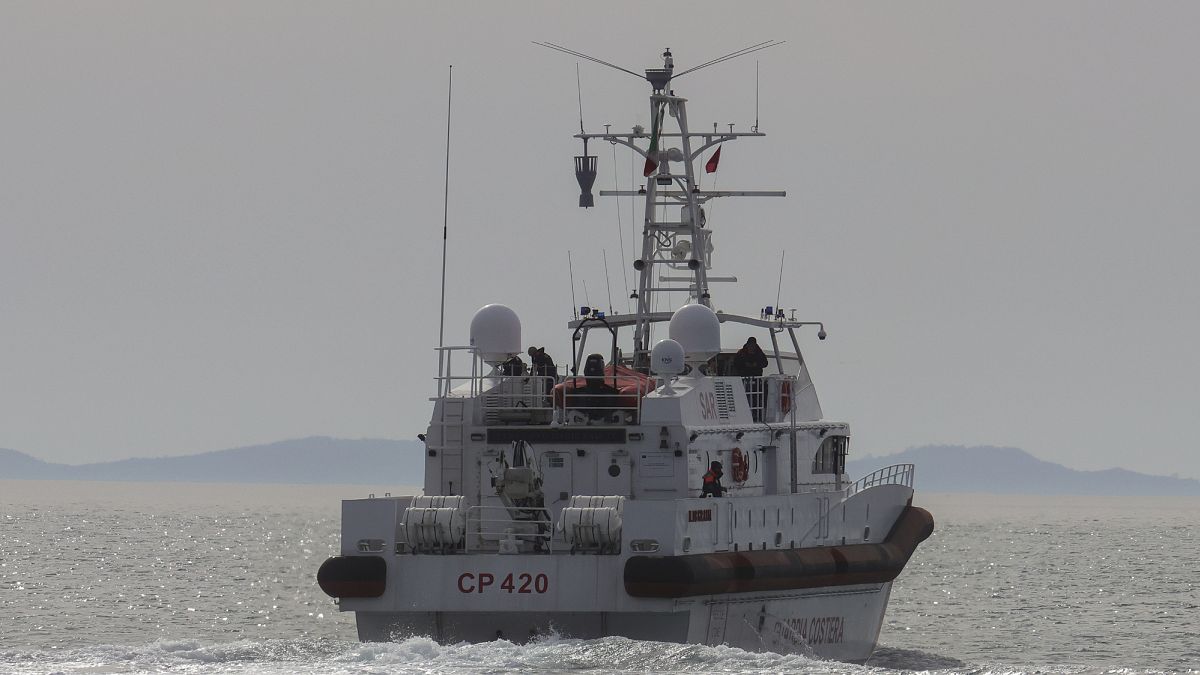CJEU: Lightning in Flight Delay “Extraordinary Circumstance”

Schwechat/Luxembourg (APA) – A lightning strike hitting an airplane can be considered an “extraordinary circumstance” in the event of a significant delay. A corresponding ruling was published by the European Court of Justice (ECJ) on Thursday. The ECJ addressed this issue at the request of Austrian courts after an Austrian Airlines (AUA) plane was struck by lightning in March 2022. A passenger subsequently arrived in London with a delay of over 13 hours.
A lawsuit filed by the traveler through a company has a value of 400 euros. In the first instance, the lawsuit against AUA, which belongs to the Lufthansa Group, was dismissed. The appellate court deemed it necessary to clarify the question through the ECJ of whether a lightning strike should be classified as an “extraordinary circumstance.” Under European law, airlines are obliged to compensate passengers in the event of flight cancellations or significant delays – but this does not apply if the reason for the cancellation or delay is due to extraordinary circumstances.
“Extraordinary circumstances” include weather conditions
The ECJ stated that a lightning strike constitutes an extraordinary circumstance “if it leads to mandatory safety checks resulting in the delayed release of the aircraft for operation.” The Union legislator included in the term “extraordinary circumstances” weather conditions that are incompatible with the operation of the flight in question, including the risk of a lightning strike. A lightning strike, after which the aircraft must undergo mandatory safety checks, is not part of the normal operation of the airline in question and is not actually controllable by it.
To be exempt from the obligation to pay affected passengers compensation, the airline must make further efforts. It must be demonstrated that all reasonable measures were taken to avoid the occurrence of the extraordinary circumstance and its consequences – such as a significant delay. “It is up to the Austrian court to assess this in the present case,” said the ECJ.
AUA considers itself blameless in the pending proceedings, as “damage from a lightning strike is unusual and could not have been planned or influenced to this extent,” as noted by an Austrian court. The plaintiff, on the other hand, does not recognize a lightning strike as an extraordinary circumstance. AUA also did not take all reasonable measures to transport the passenger – who lived in London at the time – to his destination as quickly as possible. Thus, instead of arriving around 6:30 PM, he only reached London Heathrow Airport shortly after 8:00 AM the following day.
Damage from lightning strike
The AUA aircraft was struck by lightning shortly before landing in Iasi, near the border with the Republic of Moldova, on March 8, 2022. During the technical safety check of the aircraft after landing – which AUA stated was necessary – damage to technical equipment was found. Ultimately, a replacement aircraft was flown in from Vienna. The flight from Romania to Schwechat thus did not take off shortly after 2:00 PM, but at 10:25 PM. (16.10.2025)















































